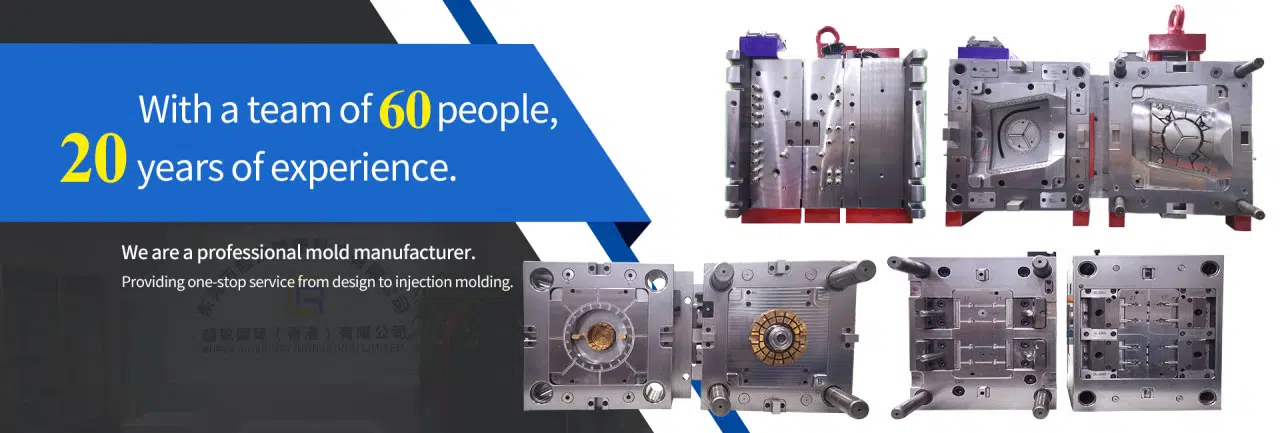Precision Engineering for Tight Tolerances
July 17, 2025 | News | No Comments

# Precision Engineering for Tight Tolerances
## Understanding Tight Tolerances in Manufacturing
Tight tolerances refer to the extremely small allowable deviations from a specified dimension in manufactured parts. These precise measurements are critical in industries where even the slightest variation can impact performance, safety, or functionality. Achieving tight tolerances requires specialized equipment, skilled technicians, and meticulous quality control processes.
## The Importance of Precision Engineering
Precision engineering plays a vital role in modern manufacturing by:
– Ensuring component compatibility in complex assemblies
– Improving product performance and reliability
– Reducing wear and tear through perfect fits
– Enabling miniaturization of components
– Maintaining consistency across production runs
## Industries That Rely on Tight Tolerances
Several industries demand exceptionally tight tolerances in their components:
Aerospace and Defense
Critical aircraft components often require tolerances within ±0.0005 inches to ensure safety and performance under extreme conditions.
Medical Devices
Surgical instruments and implantable devices need micron-level precision to function properly within the human body.
Automotive
High-performance engines and transmission systems require tight tolerances for optimal efficiency and longevity.
Electronics
Microchips and circuit boards demand sub-millimeter precision for proper electrical connections.
## Challenges in Maintaining Tight Tolerances
Achieving and maintaining tight tolerances presents several challenges:
- Material selection and stability
- Thermal expansion considerations
- Machine tool accuracy and wear
- Measurement and inspection capabilities
- Cost implications of precision manufacturing
Keyword: Tight Tolerances
## Advanced Techniques for Tight Tolerance Manufacturing
Modern manufacturers employ various advanced techniques to achieve tight tolerances:
CNC Machining
Computer Numerical Control machining offers repeatable precision down to ±0.0001 inches for certain operations.
EDM (Electrical Discharge Machining)
This non-contact process can achieve tolerances as tight as ±0.00005 inches for complex geometries.
Laser Cutting
Precision laser systems can maintain tolerances within ±0.001 inches for thin materials.
Coordinate Measuring Machines (CMM)
Advanced measurement systems verify tight tolerances with micron-level accuracy.
## The Future of Tight Tolerance Manufacturing
As technology advances, the demand for even tighter tolerances continues to grow. Emerging technologies like nanotechnology and quantum computing will push precision engineering to new limits, requiring innovative manufacturing approaches and measurement techniques to meet these increasingly stringent requirements.